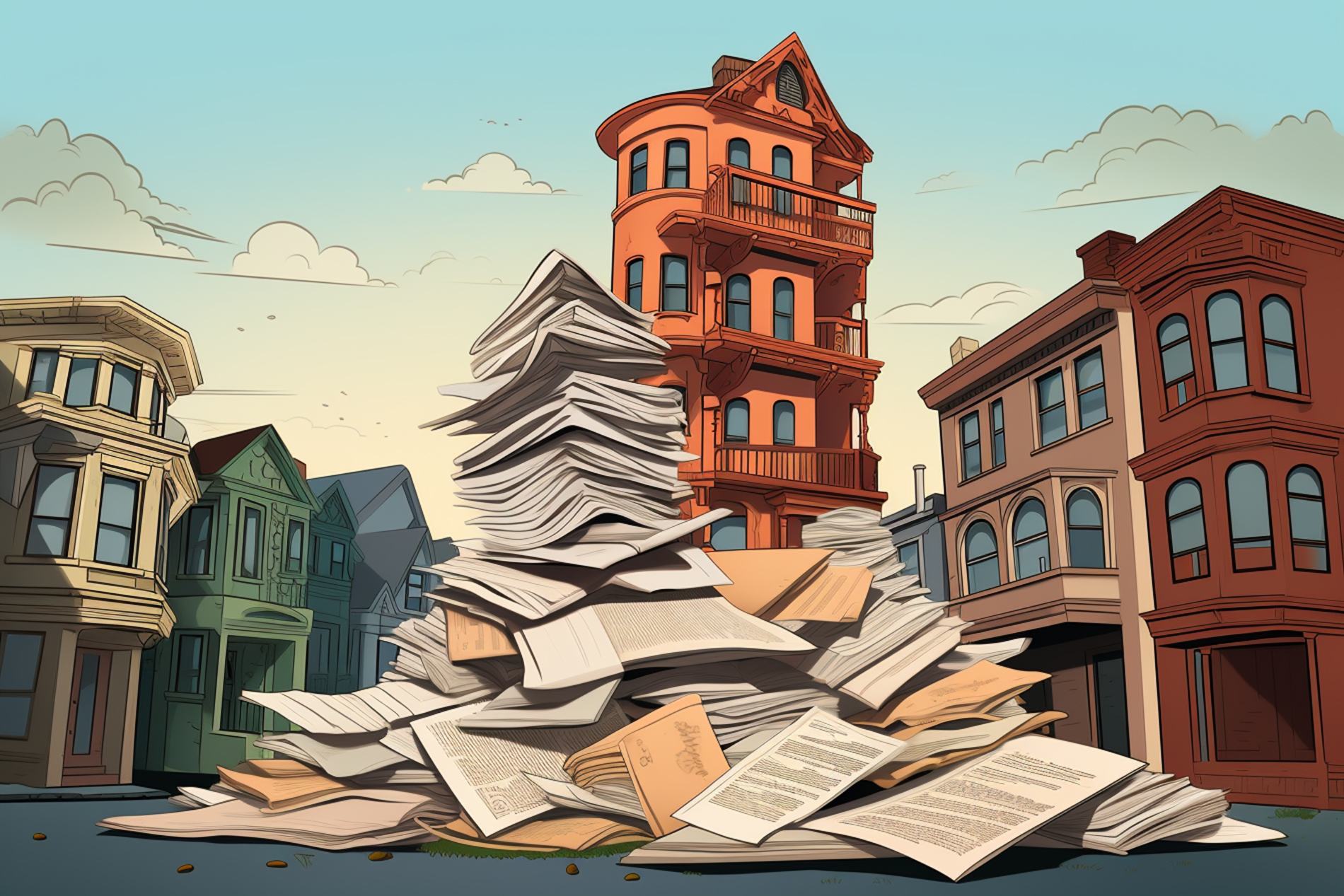Two more insurance companies will exit the California homeowners market, further narrowing options for people seeking to insure their home or to purchase a house with a mortgage.
AmGUARD Insurance—a subsidiary of Berkshire Hathaway GUARD Insurance Companies—will withdraw its homeowners and personal umbrella programs in California, while Falls Lake Insurance will also end its homeowners program.
Both companies made the announcements in little-noticed filings submitted to the state regulator on July 21.
The two companies are the latest insurers to rush for the exits in California or limit their business in the state during the past year. But unlike heavyweights State Farm and Allstate, which declined to sign new homeowners business in the state, AmGUARD and Falls Lake will drop their existing policyholders.
That will force tens of thousands of California homeowners to seek new coverage at a time when the available options are growing fewer.
A spokesperson for Berkshire Hathaway GUARD Insurance Companies declined to comment on the filing. Falls Lake did not respond to multiple requests for comment.
In its withdrawal filing with the California Department of Insurance, AmGUARD said it would drop policies when they came up for renewal starting in mid-November. In a previous filing, the company said it had 50,212 active policies on the last day of the 2022 reporting period.
Falls Lake did not expressly state a start date for the so-called nonrenewals, but the filing listed an “effective date” in mid-September. The company has approximately 900 policies in force, according to the California Department of Insurance.
Industry representatives have blamed insurers’ recent retreat from California on high wildfire risks, climate change, high inflation, construction costs that outpace inflation and a regulatory framework that makes it difficult for companies to get rate increases approved.
All of these factors have made it more difficult for insurance companies to turn a profit in the state, they say.
“AmGUARD only began writing in California markets in 2019, experiencing major losses in 2020, 2021, and 2022 that were unusually high and not typical of the market as a whole,” Michael Soller, a spokesperson for the Department of Insurance, told The Standard in an email.
Between 2020 and 2022, the companies’ losses were often two to three times the average, he added.
The Berkshire Hathaway Group, AmGUARD’s parent company, is the third largest writer of property and casualty insurance—a category that extends beyond homeowners—in terms of written premiums, according to the California Department of Insurance. Among its other insurance companies is Geico.
The group will continue to operate heavily in California, but won’t be selling homeowners insurance.
In its filing, Falls Lake Insurance cited its “inability to obtain reinsurance” as the reason why it decided to discontinue its homeowners program.
Reinsurance, sometimes defined succinctly as “insurance for insurance companies,” refers to practice where an insurer sells some of its risk to another insurer to guarantee that it is able to pay claims in light of a catastrophic event.
“When reinsurers charge more—[and] the rates have gone up substantially—or don’t want to write as much, then it’s up to the actual insurance company to either retain more of the risk on their books or shop and pay the higher price,” said Janet Ruiz, a communications director with the Insurance Information Institute, an industry group.
On May 26, right before Memorial Day weekend, State Farm, the largest writer of homeowners insurance in California, announced that it would stop accepting new applications for homeowners coverage in the state. The next month, the San Francisco Chronicle reported that Allstate, another major player, had stopped writing new homeowner, condominium and commercial insurance.
In July, Farmers Insurance moved to limit new business in the state, dampening hopes that other major insurers could pick up the slack left by State Farm and Allstate. Liberty Mutual also said it would stop offering business-owner policies in the fall. Earlier this month, The Standard reported that SafeCo, a Liberty Mutual subsidiary, would drop over 950 policies across the Bay Area.
The rapid retreat of insurance companies has made it more difficult for Californians to find coverage for their homes, an absolute necessity if you are buying a house with a mortgage. It has also forced more people to turn to the California FAIR plan, a provider of last resort for fire insurance.
“Every bit of news like this has been bad news,” said Amy Bach, who leads United Policyholders, a San Francisco-based nonprofit that advocates for insurance consumers.
Before State Farm halted new business, it had been one of the places where homeowners who had been dropped by their insurers could find new coverage. Now, the options are fewer.
“We’re definitely in an unprecedented, challenging time, at least in certain regions of the state,” Bach said.
But the Department of Insurance’s Soller sounded a more optimistic note.
“California’s market is robust but it is not immune to wildfires, extreme heat, and coastal and inland flooding,” he said in an email. “[The Department of Insurance’s] focus is on implementing necessary insurance market reforms to expand consumers’ choices in California, especially in high risk areas.”
